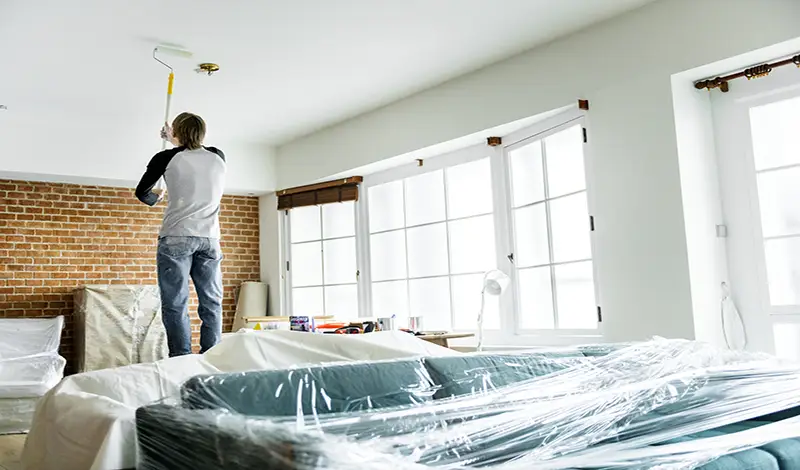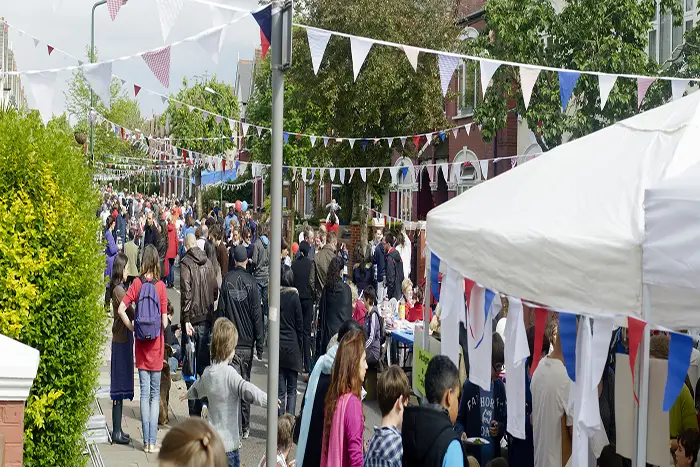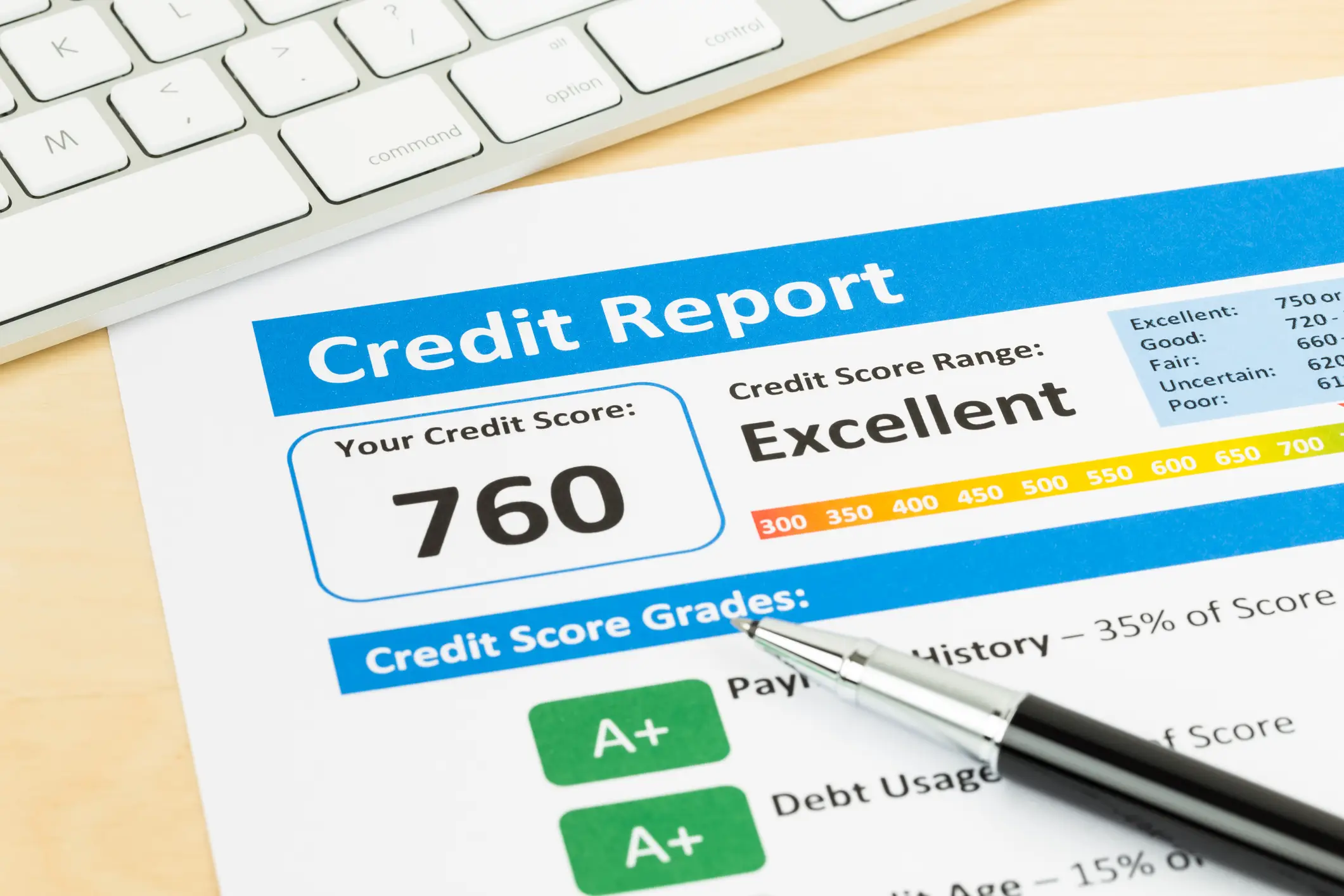Benefits of Buying a Home in Your 20s and 30s
Published on August 9, 2024 | 7 Minute read

Melanie
Ortiz Reyes
Content Specialist
Buying a home in your 20s or 30s can offer numerous advantages. From financial benefits to personal growth, homeownership at a younger age can set the foundation for long-term stability and success. Here are some of the benefits of buying a home at an early age.

1. Building Equity Early
One of the most compelling reasons to buy a home in your 20s or 30s is the opportunity to build equity early. Equity is the difference between what you owe on your mortgage and the market value of your home. As you pay down your mortgage, your equity increases, providing you with a valuable financial asset.
Why It Matters: Starting to build equity in your 20s or 30s gives you a head start in accumulating wealth. Over time, your home’s value is likely to appreciate, increasing your equity even further. This equity can be leveraged in the future for other investments, education, or even retirement.
2. Long-Term Financial Stability
Homeownership can offer long-term financial stability compared to renting. While rent payments can increase over time due to inflation or market demand, a fixed-rate mortgage ensures that your monthly payment remains consistent. This predictability allows you to plan and manage your finances more effectively.
Benefit: By locking in a fixed mortgage rate in your 20s or 30s, you protect yourself against future rent increases and inflation. Over time, as your income potentially grows, your mortgage payment will become a smaller portion of your budget, increasing your disposable income.

3. Tax Benefits
Homeownership comes with several tax benefits that can significantly reduce your tax burden. Mortgage interest, property taxes, and sometimes even mortgage insurance premiums are tax-deductible. These deductions can add up, especially in the early years of your mortgage when interest payments are highest.
Advantage: Taking advantage of these tax deductions in your 20s and 30s can help you save money that can be reinvested into your home, savings, or other financial goals. Over time, these tax benefits can offset some of the costs associated with homeownership.
4. Developing Financial Discipline
Buying a home requires careful budgeting and financial discipline. From saving for a down payment to managing monthly mortgage payments, homeownership teaches valuable money management skills that can benefit you throughout your life.
Skill Development: Developing financial discipline in your younger years can set the stage for future financial success. Learning to manage a mortgage, budget for maintenance, and plan for unexpected expenses builds a strong foundation for responsible financial behavior.

5. Customization and Personalization
When you own a home, you have the freedom to customize and personalize your living space to suit your tastes and needs. Unlike renting, where you may be limited by a landlord’s rules, homeownership allows you to make changes that reflect your personality and lifestyle.
Creative Freedom: Creating a space that truly feels like your own can have a positive impact on your mental well-being. Whether it’s renovating a kitchen, landscaping a backyard, or decorating your home, the ability to personalize your space fosters a sense of pride and ownership.
6. Potential for Passive Income
Buying a home also opens the door to potential passive income opportunities. If you purchase a property with multiple units or extra space, you can rent out part of your home to generate additional income. This extra income can help cover mortgage payments, fund home improvements, or boost your savings.
Investment Opportunity: Starting this type of investment early in life can have long-term financial benefits. Rental income can supplement your primary income, helping you pay off your mortgage faster or invest in other areas, such as retirement accounts or additional properties.

7. Stability and Community Involvement
Homeownership provides a sense of stability that renting often cannot match. Owning a home anchors you to a community, allowing you to establish long-term relationships with neighbors and local businesses. This stability is particularly important if you’re starting a family or planning to stay in one place for several years.
Community Connection: Being part of a community can enhance your quality of life. Becoming a homeowner allows you to invest in your neighborhood, whether through community service, local events, or simply getting to know your neighbors. This sense of belonging can lead to a more fulfilling and connected life.
8. Hedging Against Inflation
Real estate is often considered a good hedge against inflation. As the cost of living rises, property values generally increase as well. By purchasing a home when you’re young, you can protect yourself from the effects of inflation on housing costs.
Financial Security: Owning a home means that, while other costs may rise, your mortgage payment remains stable if you have a fixed-rate loan. Over time, as property values increase, your investment in real estate can outpace inflation, growing your net worth.

9. Establishing Credit and Financial History
Taking on a mortgage and consistently making payments is a great way to establish and build credit. A strong credit history is essential for future financial endeavors, such as securing loans for education, cars, or additional property purchases.
Credit Building: Establishing good credit early sets the stage for financial opportunities down the road. A solid credit score can lead to lower interest rates on loans, saving you money over the life of the loan.
10. Capitalizing on Market Trends
Real estate markets can fluctuate, but purchasing a home in your 20s or 30s allows you to potentially capitalize on favorable market conditions. If you buy when prices are low and interest rates are favorable, you can maximize your investment's value over time.
Market Timing: By staying informed about market trends and making a strategic purchase, you can build significant equity in your home. This can provide financial leverage for future investments or life events, such as starting a family or pursuing further education.

11. Security and Privacy
Owning a home provides a level of security and privacy that renting often does not. You have control over your living environment, from security measures to who has access to your property. This sense of control can lead to increased peace of mind.
Personal Sanctuary: In your 20s and 30s, having a secure and private place to call your own can provide stability during a time of life that often involves significant personal and professional growth. Your home becomes a sanctuary where you can retreat, recharge, and plan for the future.
12. Preparing for Future Life Stages
Buying a home early can also be a strategic move if you plan to start a family or establish a long-term residence. Having a home that can accommodate your future needs, such as extra bedrooms or proximity to good schools, allows you to plan for the long term.
Future Planning: By purchasing a home with your future in mind, you avoid the stress of needing to move as your life circumstances change. This foresight can save you money and provide continuity for your family.

13. Emotional and Psychological Benefits
Owning a home can have significant emotional and psychological benefits. The pride of ownership, the stability of having a permanent residence, and the satisfaction of personalizing your space all contribute to a sense of accomplishment and well-being.
Mental Well-Being: Homeownership can be a major milestone that boosts your confidence and provides a sense of security. Knowing that you have a place to call your own can reduce stress and create a positive environment for personal growth.
Buying a home in your 20s or 30s offers a multitude of benefits that extend far beyond financial gain. From building equity and financial stability to enjoying emotional and psychological rewards, homeownership at a young age can set the foundation for a successful and fulfilling future. Purchasing a home early in life is a decision that can pay dividends for years to come.